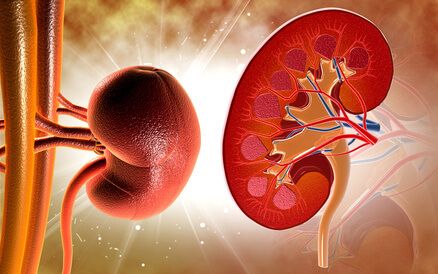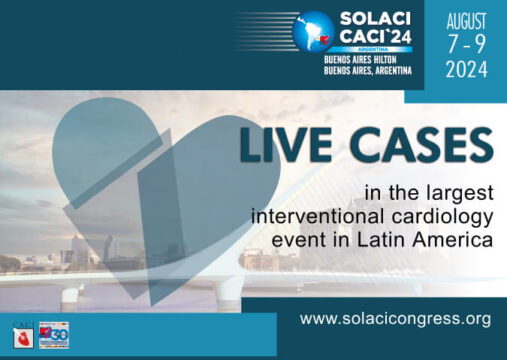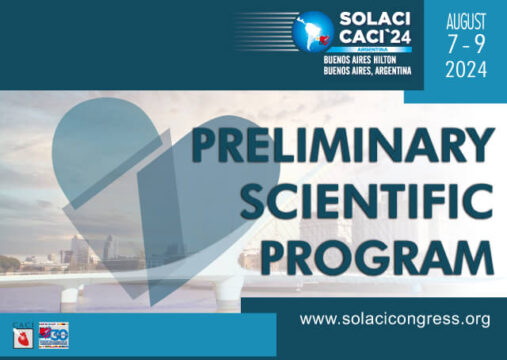Patients diagnosed with cardiovascular disease taking aspirin as secondary prevention can take lower doses and achieve the same efficacy level as those taking 325 mg.

According to the ADAPTABLE study, presented at the American College of Cardiology (ACC) 2021 Congress and simultaneously published in the New England Journal of Medicine (NEJM), both schemes were associated with a very low bleeding risk.
Results showed no difference between 81 mg and 325 mg of aspirin, which sheds light on some uncertainties about the correct dose in secondary prevention.
Some arm crossovers (mainly from 325 mg to 81 mg) could affect the power of the study, although it is surprising that, for most patients, 81 mg of aspirin is sufficient. There is still doubt regarding those currently taking 325 mg who have no reason to lower their dose to 81 mg.
The editorial accompanying this publication was highly critical of the crossover, going so far as to suggest that it is impossible to conclude that both doses are equally effective.
While the current recommendation of the European Society of Cardiology is to use low doses of aspirin as secondary prevention, the ACC/American Heart Association guidelines do not specify any dosage. Sixty percent of patients discharged after infarction in the United States are prescribed 325 mg of aspirin.
Read also: ACC 2021 | LAAOS III: Appendage Closure During Central Vascular Surgery.
The ADAPTABLE study included over 15,000 patients with cardiovascular disease who were randomized to either 81 mg or 325 mg of aspirin. One third of the patients had a history of acute myocardial infarction and more than half had a history of coronary revascularization within the previous five years.
Original Title: Comparative Effectiveness of Aspirin Dosing in Cardiovascular Disease.
Reference: W.S. Jones et al. Presentado en el ACC 2021 y publicado simultáneamente en NEJM. DOI: 10.1056/NEJMoa2102137.
Subscribe to our weekly newsletter
Get the latest scientific articles on interventional cardiology





